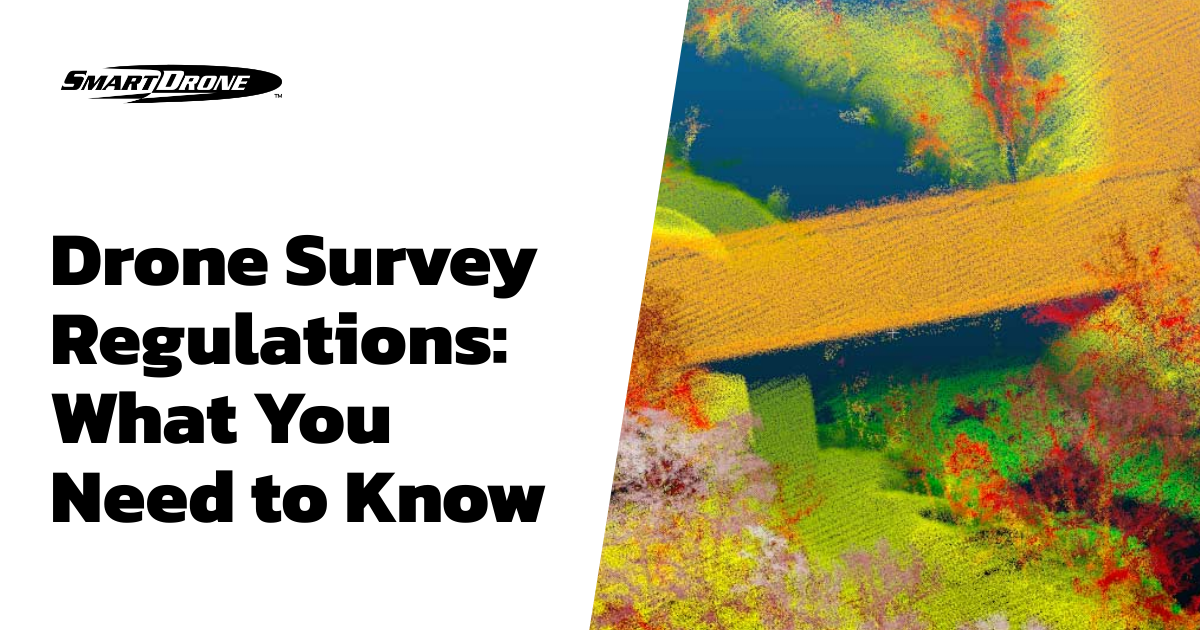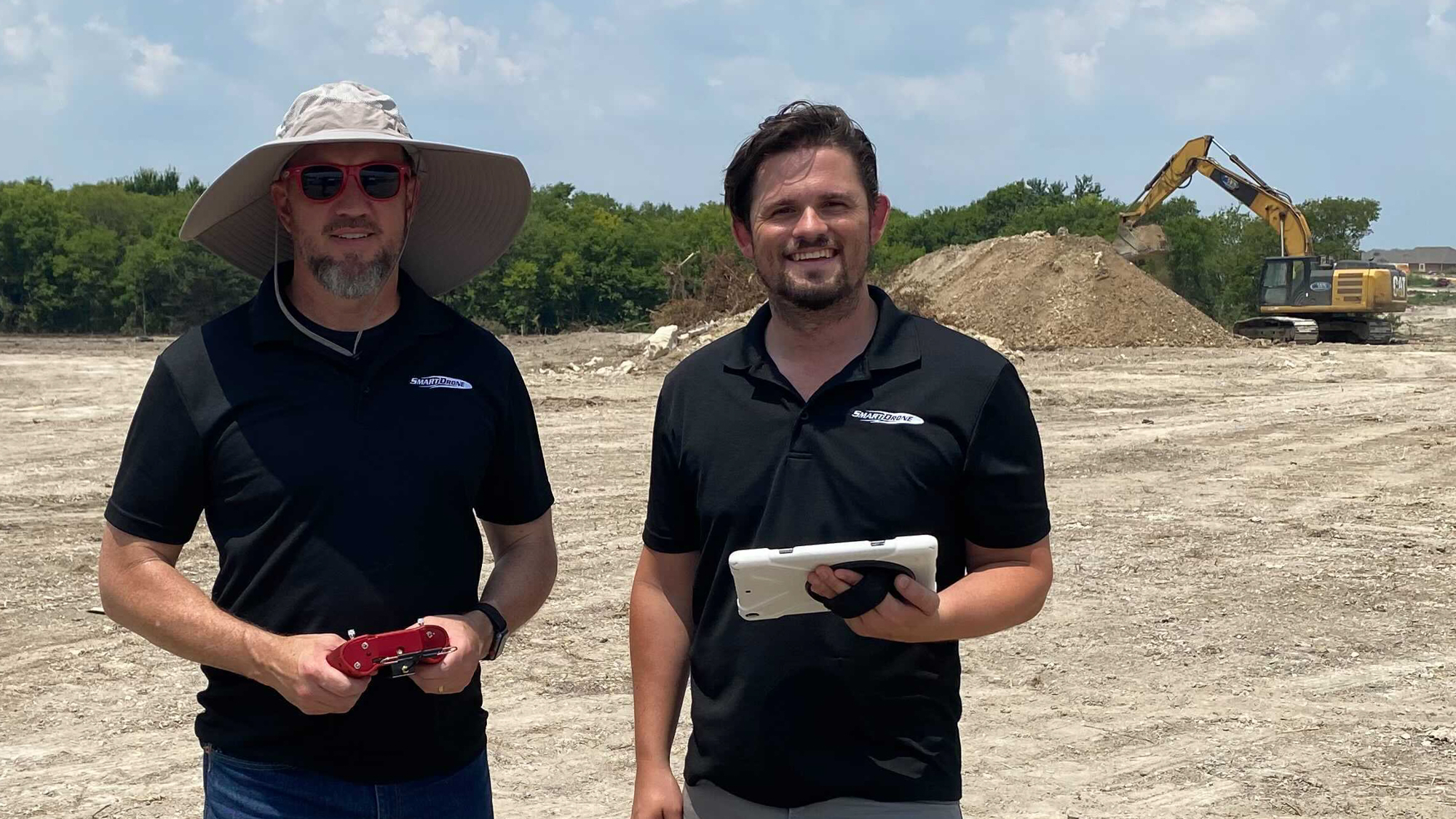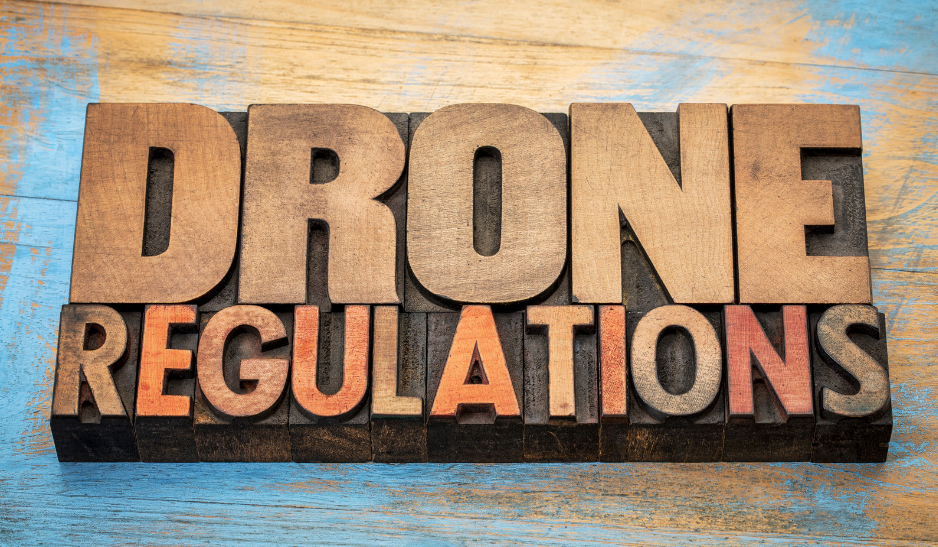An Introduction to Drone Survey Regulations
Drone surveys have become increasingly popular in various industries. They offer a cost-effective and efficient way to gather data, capture images, and conduct inspections. However, with the rise in drone usage, there are also regulations that need to be followed. This article will provide an overview of the regulations surrounding drone surveys, ensuring that you have all the necessary information to operate within the legal framework.
Federal Aviation Administration (FAA) Rules
The Federal Aviation Administration (FAA) is the governing body responsible for regulating the use of drones in the United States airspace. They have set specific rules that drone operators must adhere to, regardless of the purpose of their survey.
- Pilot Certification: To fly a drone for commercial purposes, the pilot must obtain a Remote Pilot Certificate. This involves passing an aeronautical knowledge test to demonstrate an understanding of airspace regulations, weather patterns, and flight operations.
- Drone Registration: All drones weighing over 0.55 pounds must be registered with the FAA. Registration can be done online, and a registration number must be visibly displayed on the drone.
- Flight Restrictions: There are specific flight restrictions that drone operators must follow. Drones must be flown below 400 feet above ground level, and flying near airports, stadiums, and emergency response efforts is prohibited. Operators must also maintain a visual line of sight with the drone at all times.
- Operating in Controlled Airspace: If you plan to conduct a drone survey in controlled airspace, such as near airports, additional permissions, and authorizations are required. This typically involves obtaining a waiver from the FAA to operate within restricted areas.
Specific Industry Regulations
In addition to the FAA rules, certain industries have specific regulations for conducting drone surveys. Here are a few examples:
Real Estate and Construction
When using drones for real estate or construction purposes, it is important to consider privacy laws and obtain necessary permissions from property owners. Additionally, capturing aerial footage or images of certain areas may require permits from local authorities.
Agriculture
Drone surveys in agriculture require adherence to guidelines set by the U.S. Department of Agriculture (USDA). These guidelines include considerations for privacy, data protection, and compliance with any local pesticide regulations.
Energy and Infrastructure
Drone surveys in the energy and infrastructure sectors must abide by regulations specific to the industry. This can include following safety protocols, maintaining a safe distance from power lines or infrastructure, and complying with any environmental regulations.
Frequently Asked Questions (FAQs)
Do I need a license to operate a drone for recreational purposes?
No, the FAA rules mentioned earlier primarily apply to drone operators flying for commercial purposes. However, it is always a good idea to familiarize yourself with the general guidelines set by the FAA for safe recreational drone use.
Can I fly my drone at night?Unless you have received a special waiver from the FAA and your UAV is equipped with proper lighting, drones cannot be flown at night. Nighttime flying poses additional safety risks and is therefore restricted.
Are there any restrictions on the weight or size of drones?Yes, drones weighing over 55 pounds require a special exemption from the FAA. Most consumer and professional drones fall within acceptable weight limits.
Conclusion
Understanding the regulations surrounding drone surveys is crucial to ensure compliance and operate safely and legally. The FAA rules apply to all drone operators, while specific industry regulations add an extra layer of guidelines. By following these regulations, drone operators can effectively leverage the benefits of drone surveys while avoiding potential legal issues.




